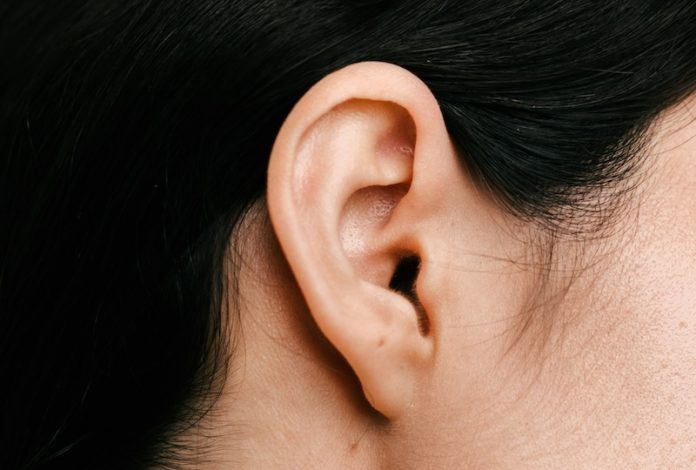
Tinnitus, often described as a ringing in the ears, is a condition that affects millions of people around the world. It involves hearing sounds that aren’t caused by any external source.
These sounds can vary from ringing and buzzing to hissing or whistling, and they can be constant or come and go. While tinnitus is a common issue, especially among older adults, understanding what causes it can be key to managing the condition.
Exposure to Loud Noise
One of the most common causes of tinnitus is exposure to loud noises. Whether it’s from working in noisy environments like construction sites, attending loud concerts frequently, or even listening to music at high volumes through headphones, loud noises can damage the tiny hair cells in the inner ear.
These hair cells play a crucial role in transmitting sound signals to the brain. When they’re damaged, they can send incorrect signals, which the brain may interpret as the sounds associated with tinnitus.
Research has shown that protecting your ears from loud noises can reduce the risk of developing tinnitus.
Aging and Hearing Loss
As we age, the inner ear, particularly the cochlea (a key part of the ear involved in hearing), naturally begins to wear out. This aging process can damage the same hair cells that are affected by noise exposure, leading to tinnitus.
Age-related hearing loss is one of the most significant contributors to tinnitus, especially in older adults. Studies have found that as hearing diminishes with age, the likelihood of experiencing tinnitus increases.
Health Conditions
Certain health conditions can also trigger tinnitus. Problems with blood circulation, such as high blood pressure or blocked arteries, can affect the blood supply to the ear, leading to hearing problems, including tinnitus.
Conditions like diabetes, thyroid disorders, and neurological diseases such as multiple sclerosis have also been linked to tinnitus. Managing these underlying health issues can sometimes help reduce the symptoms of tinnitus.
For example, keeping blood pressure in check or managing diabetes effectively might lessen the severity of tinnitus.
Medications
Some medications are known to cause tinnitus as a side effect. These include large doses of aspirin, certain antibiotics, anti-inflammatory drugs, and some antidepressants. The risk of developing tinnitus often increases with the dosage and length of time you take these medications.
If you notice tinnitus after starting a new medication, it’s important to talk to your healthcare provider. They might adjust your dosage or suggest an alternative medication that doesn’t affect your hearing.
Earwax Buildup
A more straightforward cause of tinnitus can be the buildup of earwax. When too much earwax accumulates, it can block the ear canal, leading to hearing loss and irritation of the eardrum, which can trigger tinnitus.
Regular ear cleaning can help prevent this issue. However, it’s important to clean your ears properly, as using cotton swabs or other objects incorrectly can push wax deeper into the ear and cause further problems.
Stress and Anxiety
Stress and anxiety don’t directly cause tinnitus, but they can make it worse. Many people notice that their tinnitus becomes more bothersome when they’re under stress.
Recent research has shown that stress management techniques, like relaxation exercises, meditation, and counseling, can help reduce the severity of tinnitus. By managing stress, you may find that your tinnitus symptoms become less intrusive.
Unexplained Causes
In some cases, the exact cause of tinnitus remains unknown. Despite this, ongoing research continues to provide new insights into how the brain processes sounds, which could lead to better treatments in the future.
Managing Tinnitus
While tinnitus can be persistent and frustrating, understanding its common causes can help you take steps to manage the condition.
Reducing exposure to loud noises, properly managing health conditions, being aware of the side effects of medications, maintaining ear hygiene, and managing stress are all effective strategies that may help reduce the impact of tinnitus.
In conclusion, tinnitus is a complex condition with many potential triggers. By recognizing and addressing the factors that contribute to tinnitus, you can take control of your symptoms and improve your quality of life.
Although tinnitus may not always have a clear cause or cure, the right approach can make a significant difference in how it affects your daily life.
If you care about hearing loss, please read studies about antibiotic drug that can lead to hearing loss, and whether you should get an hearing aid or see a specialist.
If you care about dementia, please read studies about how the Mediterranean diet could protect your brain health, and these antioxidants could help reduce dementia risk.
Copyright © 2024 Knowridge Science Report. All rights reserved.



